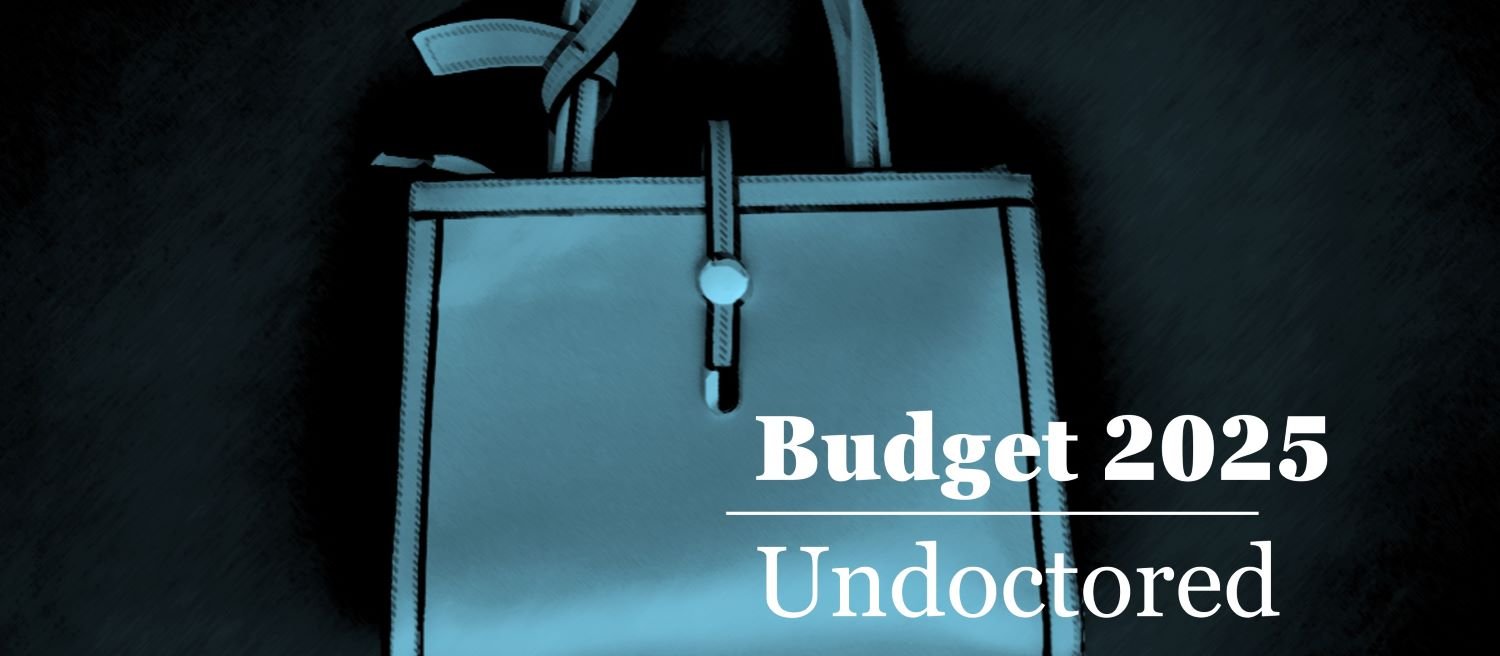For older people and frail people, the long-term benefit of medicines reduces and the potential for harm from adverse effects increases. When the benefit–risk balance changes in this way, medicine review and optimisation are important to simplify the therapeutic regimen, reduce inappropriate medicines and minimise risks. In this article, pharmacist prescriber Linda Bryant uses two case studies to illustrate important considerations during medicine reviews
BUDGET 2025: Louise Upston - Improving care for disabled New Zealanders
BUDGET 2025: Louise Upston - Improving care for disabled New Zealanders

More than 7,000 disabled New Zealanders will receive improved residential care, thanks to a $240 million four-year funding boost in today’s Budget.
This is on top of more than $1 billion already funded annually for Disability Support Services. It means 89 residential providers across the country, and the people they care for, are better supported.
Disability Issues Minister Louise Upston says today’s announcement reinforces the Government’s commitment to stabilise the disability support system so it’s more consistent, transparent, sustainable and fair.
“As part of Budget 2025, the Government will increase Disability Support Services (DSS) funding for residential care by $60 million each year over the next four years, starting from 1 July 2025,” Louise Upston says.
“DSS provides essential services and supports to more than 52,000 disabled people, including about 7,200 people in residential care facilities.
“About half the DSS operating budget is allocated to residential care. It’s vitally important public money going to providers ultimately benefits the disabled people it’s intended for.
“Previously, funding for carers was unpredictable, subject to change or interruption, and varied across regions. The new funding will remove that uncertainty.
“These are very significant sums. Government contracts with providers must be robust, fair, and sustainable right across New Zealand.
“A new residential care pricing model will give providers, disabled people, and their families more confidence in the funding available.
“It will allow for more flexibility and means that from 1 July, we are beginning to lift the funding constraints we had to implement last year.
“Last year’s independent review was vitally important in responding to serious concerns about the state of disability support services. It found that the cost of residential care services was growing, without the settings in place to manage current or future needs.
“Compounding those problems, the system DSS uses to pay residential providers hadn’t been significantly updated since 2016, leading to thousands of one-off, inconsistent rates.
“This new funding model sets a nationally consistent approach while also recognising regional variations in costs such as housing prices.
“Importantly, it also enables DSS to forecast expenditure, which will support the Government to make informed future budget decisions.
“My absolute priority is to ensure continuity of care to disabled people, and to support providers to transition to this new model,” Louise Upston says.



